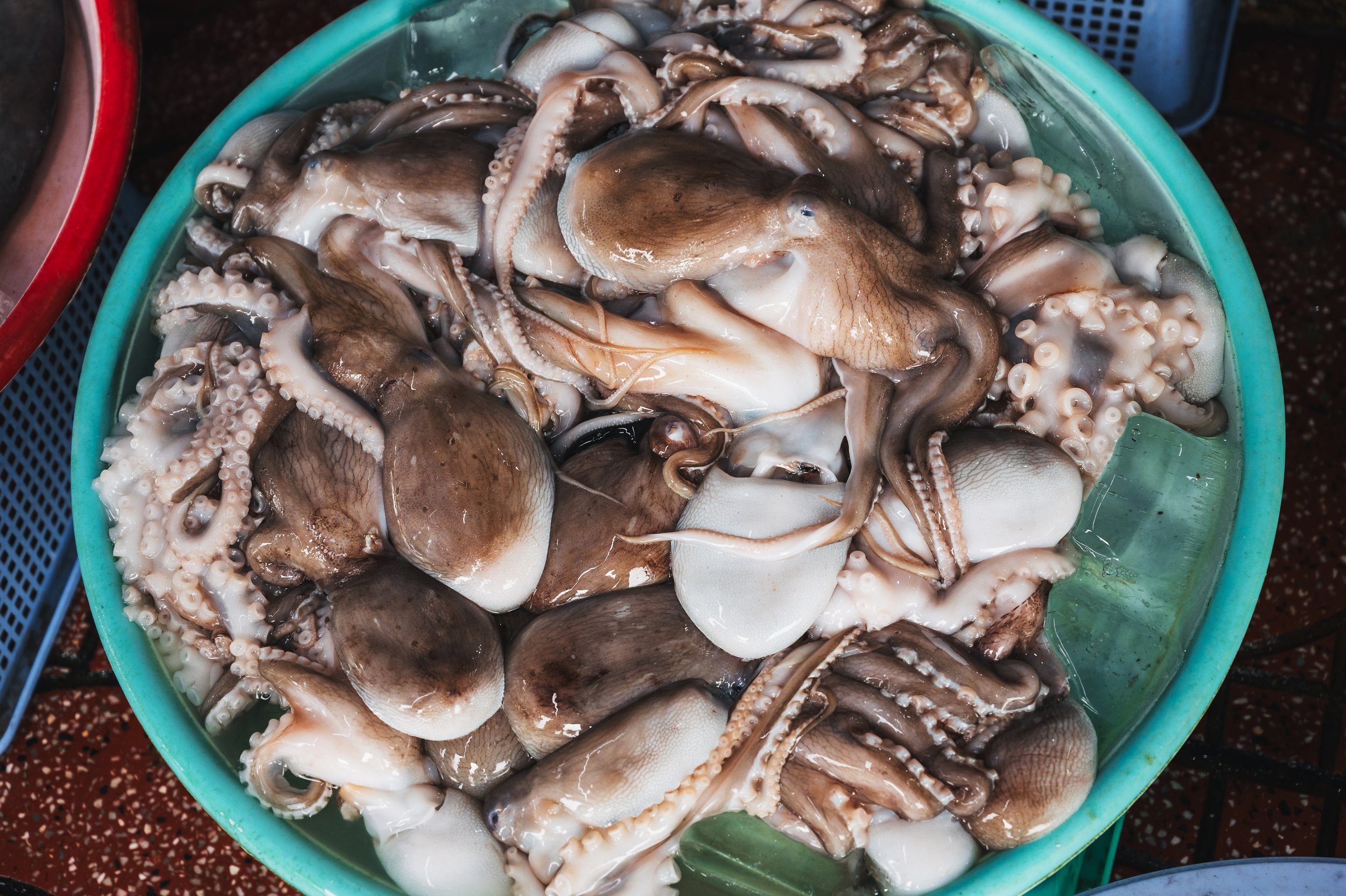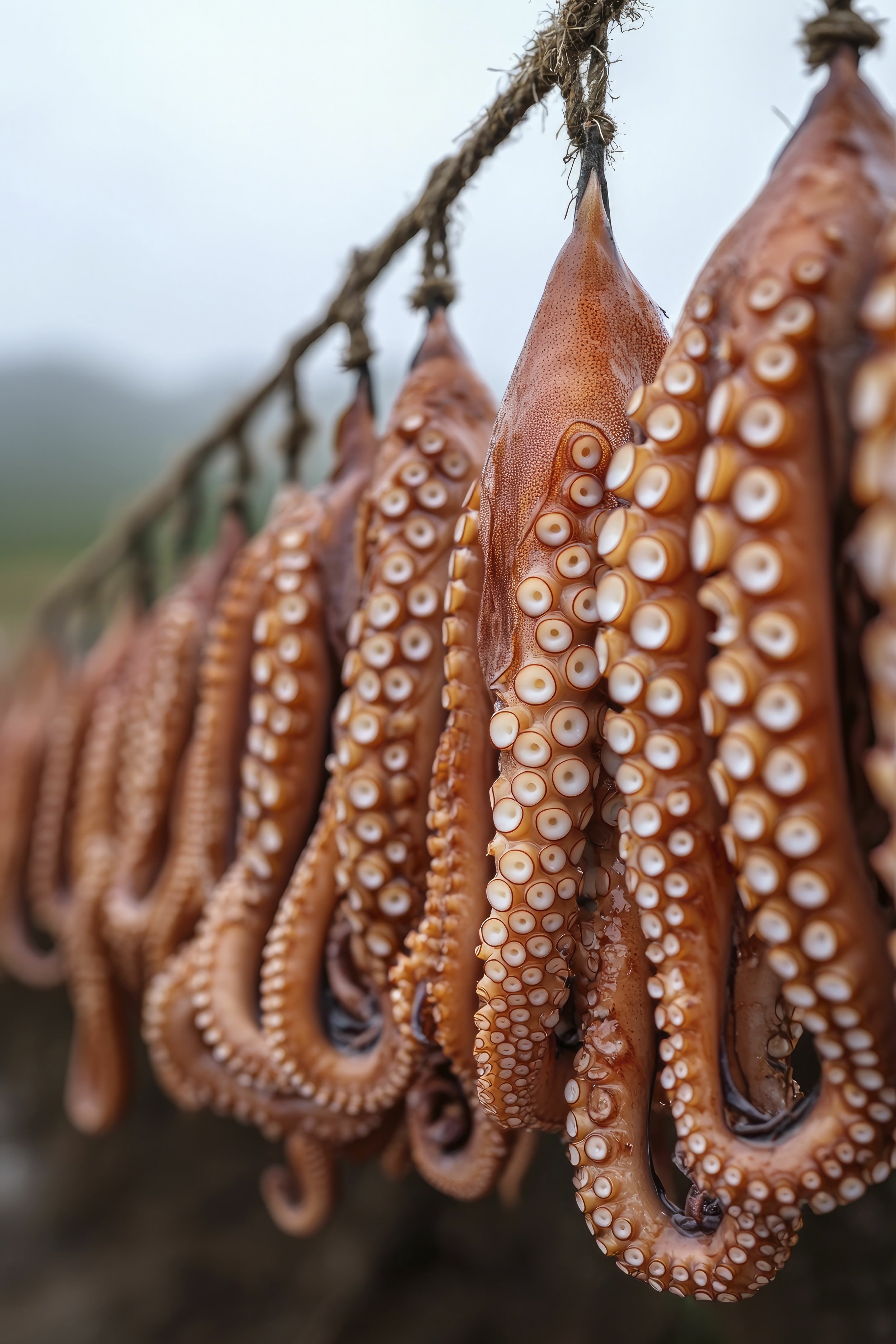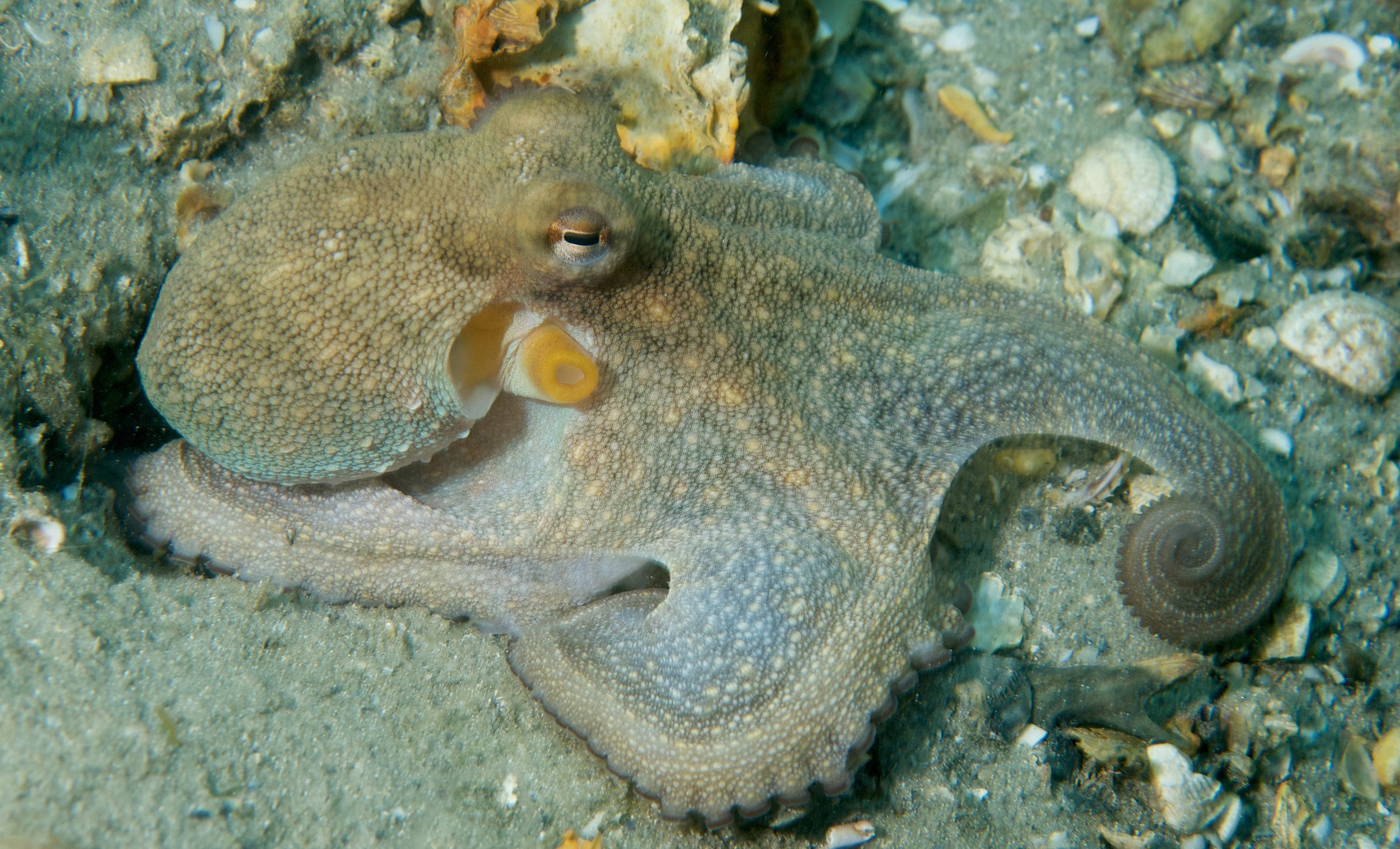
Stop Octopus Farming in New Jersey.
Urge New Jersey State Lawmakers to pass a ban on Octopus Farming!
There is a new venture in aquaculture that is quickly gaining momentum.
The farming of octopus and other cephalopods!
Cephalopods are a category of animals belonging to the group Cephalopoda, containing octopus, squid, cuttlefish, and nautilus. This is a highly intelligent group of ocean dwelling creatures that is part of a diverse class of mollusks (a group of animals that also includes snails, clams, and other bivalves) that emerged during an explosion of animal diversity in the oceans during the Cambrian period, over 500 million years ago.
While there are currently few large-scale octopus farms and none in New Jersey or in the Middle-Atlantic and the northeast, global interest in breeding and mass-producing octopus meat is growing with ever more popular seafood dishes like sushi, sashimi, karaage, octopus stew, sour salad, and akashiyaki. As the world’s wealthiest and middle-class people in the United States, Japan, China, South Korea, Italy, and Spain become eager to increase their consumption of octopus, aquaculture has been proposed as a way to meet this demand, as overfishing by existing commercial fisheries around the world has limited the supply of wild octopus due to bycatch by bottom trawl nets.
Already, a multimillion-dollar Spanish seafood distributor, Nueva Pescanova, is in the process of creating a large-scale octopus facility in the Canary Islands, off the coast of Africa. There are smaller octopus farm operations in Mexico, China, Spain, Portugal, Chile and Japan.
There is great fear that octopus farming will be employed in New Jersey within the next several years as commercial fishing interests look to increase profits.
We need to stop octopus farming before it begins and takes a hold along the Jersey Shore. Once it begins, it will be very difficult to stop entirely.
Despite claims by the aquaculture industry, “sustainable” cephalopod farming cannot exist for these reasons:
Ethical concerns
Octopuses are highly intelligent and sensitive animals. Octopus farming leads to suffering and sickness for one of the most intelligent and feeling animals in the ocean.
Slaughter practices are cruel, including freezing and clubbing of live animals. Often octopus are killed in aquaculture by submerging them in a freezing “ice slurry,” which can cause much pain, fear, and suffering, as well as a slow, horrible and cruel death.
Farming practices can cause so much stress that octopuses often eat each other or their own limbs. Octopuses are asocial, carnivorous, and fiercely territorial animals. Keeping them together in close proximity can lead to immense distress, violent conflict, and even cannibalism. But keeping them isolated in a small tank, without any environmental enrichment or stimulus is tantamount to torture.
Environmental risks
Octopus farming can pollute the surrounding environment and change water temperatures with nitrogen and phosphorus waste that can lead to algal blooms, which can create low-oxygen dead zones devoid of life, disrupting local marine ecosystems. In addition, octopus farming includes many toxins from fertilizers, algaecides, herbicides, and disinfectants that can pollute local waterways.
Octopus farms can spread pathogens and zoonotic diseases to humans.
The use of antibiotics to treat pathogens can create multi-drug-resistant bacteria.
Currently, there are few if any laws in place to protect farmed octopus in the U.S., the European Union, Japan, or Mexico, which means any mishandling or abuse of octopus is legal.
There’s no octopus farming in New Jersey yet, but we need to reject octopus or cephalopod farming before it starts.
A preemptive bill (S3914) introduced in December 2024 in Trenton would prohibit the operation, sale, possession, transportation or distribution of farm-raised octopus for human consumption. The bill makes exemptions for scientific research, but otherwise would levy a fine of up to $1,000 per day for violators.
DID YOU KNOW…..
The common octopus is remarkably smart for a species that is related to a clam. Octopuses are believed to be the most intelligent of all invertebrates, possessing large brains and a network of neurons distributed throughout their arms. The common octopus has about 500 million neurons (or nerve cells) throughout their central brain and arms, compared to about 600 million in the brain of a dog.
With large brains, octopuses can figure the size and shape of objects, remember patterns, navigate mazes, and solve problems – and they are the only invertebrate known to use tools. With an average lifespan of only one to two years, these incredible, intelligent creatures live short but remarkable lives. They deserve our respect!
Common Atlantic Octopus
The Common Atlantic Octopus (Octopus vulgaris) is the local octopus found near the Jersey Shore. It can be encountered in temperate, subtropical, and tropical waters worldwide from nearshore shallow waters to the outer edge of the continental shelf (in depths from 0-200 m or 0-650 ft). It is generally found on sandy and muddy bottoms near the coast of New Jersey, but will move to rocky areas to spawn. The common octopus is the most studied of all octopus species. Yet, there are still many aspects of its life we do not know including how they live and eat.
This species is one of the most familiar octopuses eaten and discovered in aquaculture farms. It can be found in popular seafood dishes in the Mediterranean, the United States, Africa, and other parts of the world.
Success Stories
In 2024, Washington State passed the first law in the world banning octopus farming.
Later in 2024, California State successfully passed legislation banning octopus farming statewide and prohibiting the import of farmed octopus products.
We can do the same or better in New Jersey to protect octopus!




